Passover and Easter
I was recently in Jerusalem co-leading a tour with my daughter, and had never seen the Old City so full. No wonder, as it was both the season of Passover and Easter. Although this had occurred before, this year was different as Easter for both the Western and the Eastern Christians fell at the same time.
It seemed like the world was in Jerusalem in order to remember the events associated with Passover and Easter, both of which are associated with redemption from slavery and death to freedom and life.
Remembering the Armenian and Jewish Genocides and the Anzacs
No sooner had this season ended when another season of remembrances began. On 24 April the Armenian and some other Christian communities remember the official beginning of what is generally regarded as the Armenian Genocide on 24 April 1915. It is a sombre day indeed for these communities.
Also on 24 April 2017 remembrance of the world’s worst genocide, the Holocaust, took place. Yom HaShoah, Holocaust Day, is indeed a solemn day for the Jewish people. One objective in remembering the Holocaust is that such evils can never again be perpetrated. Such a sentiment is borne out by an event in 1939 when Hitler was commissioning his generals prior to the invasion of Poland, and stated to them: ‘Who after all, speaks of the annihilation of the Armenians.’1
Such a statement could lead us to ask: ‘Would the Holocaust have happened had those responsible for the Christian Genocide of 1915 – 1923 been held accountable for their actions?’
The third day of remembrance in this season was Anzac Day on 25 April when Australians and New Zealanders remember their war dead. Although relatively few of our soldiers died on active service in the land of Israel during both World Wars, yet tens of thousands of our servicemen either saw service or were based in the land of Israel during both world wars.
Upcoming events remembering what happened on 31 Oct 1917
On 31 October 2017 thousands of Australians will descend upon Beersheba in the Negev region of Israel to remember the capture of that town on 31 October 1917, an event synonymous with the brave charge of the Australian Light Horse. This charge has become iconic in Australia and ranks as amongst our most important military accomplishments.
The capture of Beersheba though was a team effort between the British infantry and Australian and New Zealand horsemen, and it was always General Allenby’s plan for the mounted forces to complete the capture of the town of Beersheba. This objective was achieved by that brilliant charge by the 4th Light Horse Brigade.
Additionally on the same day the British War Cabinet in London made a profound decision, viewing with favour the establishment of a national home for the Jewish people in Palestine.
These two events must been seen in conjunction which each other. If the Egyptian Expeditionary Force under General Allenby captured the land of Israel without a political solution favourable to the British, then her Allies, namely France, Italy and even the United States could project alternate plans for the future of this strategic piece of real estate. It was imperative therefore that the British have a plan favourable to her long-term geo-political aspirations. Working together with the Jewish nationalist movement provided both entities, the British Government and the Zionist movement, the opportunity to achieve their respective goals and desires.
Conversely, however, had there been no conclusive victory at Beersheba and if the land of Israel was not quickly captured, then this proposed plan for the Jewish restoration may not have eventuated.
Future remembrance events
On 24 October this year there will also be an event in Jerusalem to recall its capture on 9 December 1917, while on 23 October this year, as well as in September 2018 we will remember the capture of Semakh on the Sea of Galilee by the Light Horse on 25 September 1918. That victory was part of the drive to Damascus and the ultimate defeat of the Ottoman Turkish regime, which finally occurred on 31 October 1918.
When we come to remembering these victories we should also consider the broader consequences of the victory – the saving of lives. Had the Ottoman Turkish regime not been defeated then they would most likely have continued with their policy of decimating the minority groups within their empire, especially the Christians, but also, potentially, the Jewish people as well.
How should we remember these Anzac related events?
In light of the above, how might it be appropriate for us as Australian Christians to remember these upcoming events, especially at Beersheba on 31 October?
Should we just be focussing upon what the Light Horsemen did on that day? If so what about the British and New Zealand soldiers who also fought bravely that day? It has been said to me that the British often exclude our involvement in various battles, so why should we give exposure to their involvement at Beersheba. This is our victory.
That sentiment is understandable. But without the earlier work of the British infantry, plus the New Zealanders and other Light Horsemen at Tel el Saba, the ensuing charge might not have been possible, or would have resulted in many more casualties.
I would suggest that while giving due honour to the brave men involved in the charge it would be good for us to give due reference and honour to the efforts of all the others who fought on 31 October. Irrespective of how some British historians may present their military critiques, let us Australians set the tone, give the lead and set an example for others to follow.
As Christians it is right and proper for us to give full acknowledgment to the grace and sovereignty of God. He alone determined that our nations would be placed where they were (Acts 17), and gave us certain national characteristics. If we do not emphasise these aspects then we could be guilty of portraying overt national pride. If this be the case, then instead of receiving God’s blessings upon our nation, we could in fact be hindering the receiving of such blessings.
Remembering life as well as death
When reflecting upon these military events in the land of covenant promise it is good for us to remember the principle of life. While honouring those who gave their lives at these battles, we would do well to also reflect upon the countless thousands of lives which were saved by their sacrifice, and how also their sacrifice provided an opportunity for the formation in time of five sovereign Arab nations (Syria, Iraq, Jordan, Lebanon and Saudi Arabia) and of one Jewish nation, Israel.
Opportunities were thus provided for both Arab and Jewish people to enjoy life from under the ‘yoke of slavery’ of the Ottoman Turkish Empire. How each of these people groups has responded to these opportunities of freedom is another matter altogether, but the service of our soldiers at least helped to provide them with that opportunity.
There would seem to be a spiritual principle here. We should not for instance remember the slavery of the Israelites in Egypt without also remembering God’s gracious act of redemption in bringing them into freedom, nor should we remember the death of Jesus without also remembering His resurrection and the granting of spiritual life to us.
Our guiding principle when viewing these upcoming remembrance events then could be taken from the words given by Paul to the Ephesians: ‘For by grace you have been saved through faith; and not of yourselves, it is the gift of God.’ (Ephesians 2:8, NASB)
1Kevork Bardakijian, Hitler and the Armenian Genocide, (Massachuesetts, 1985), cited in www.ani-dc.org

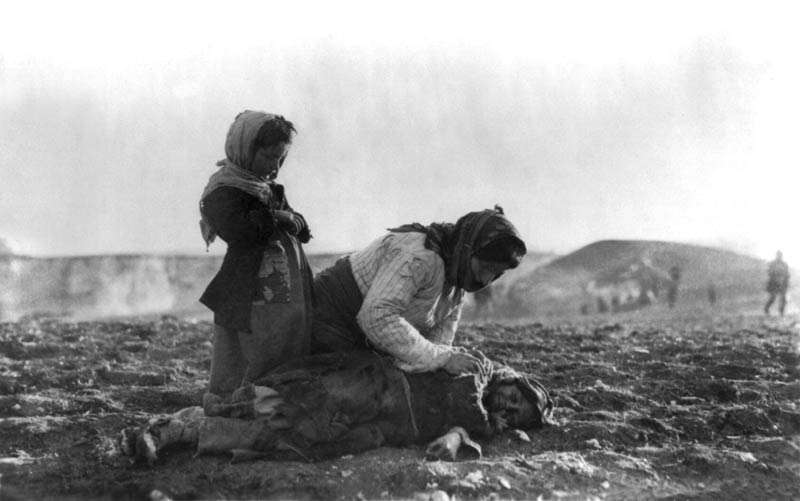






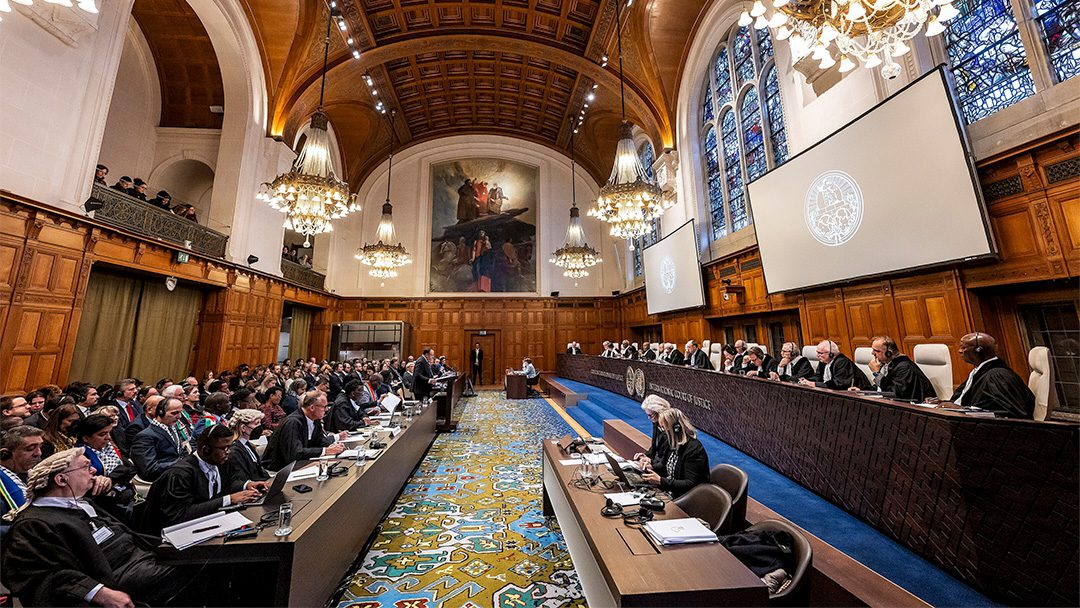
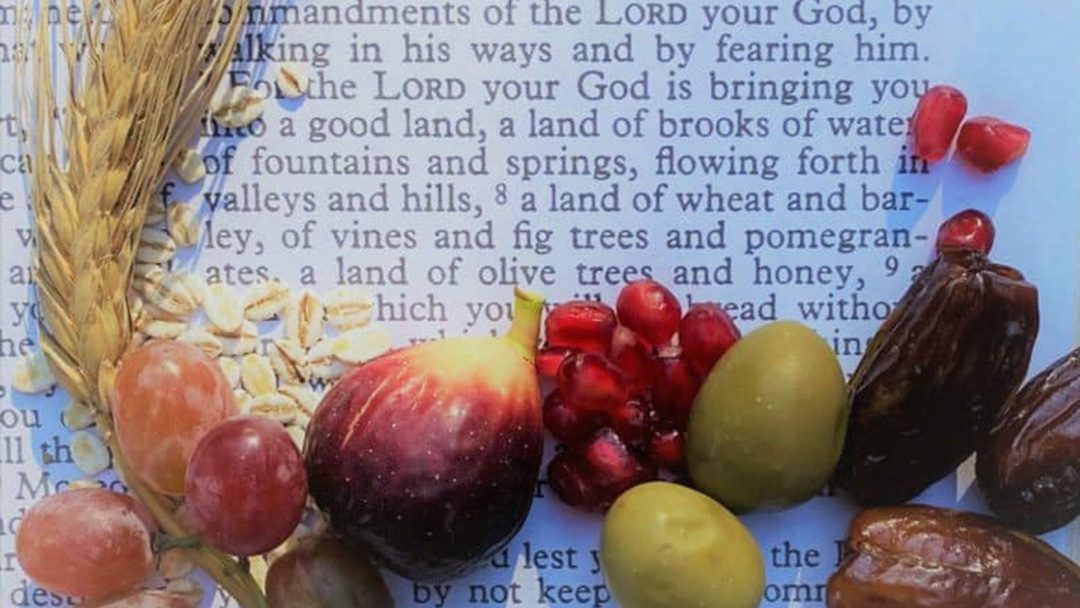
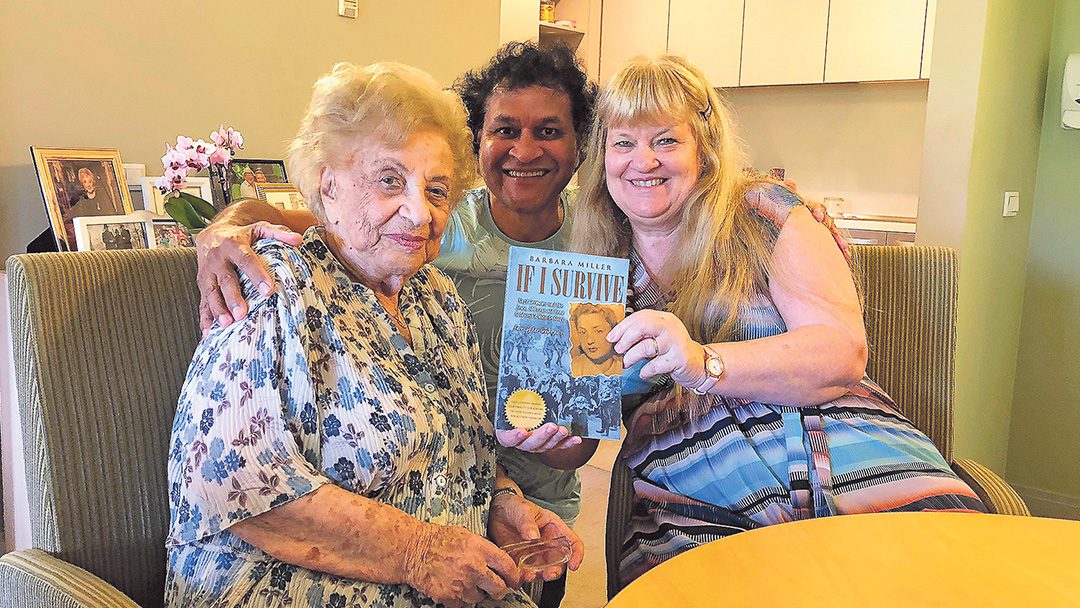
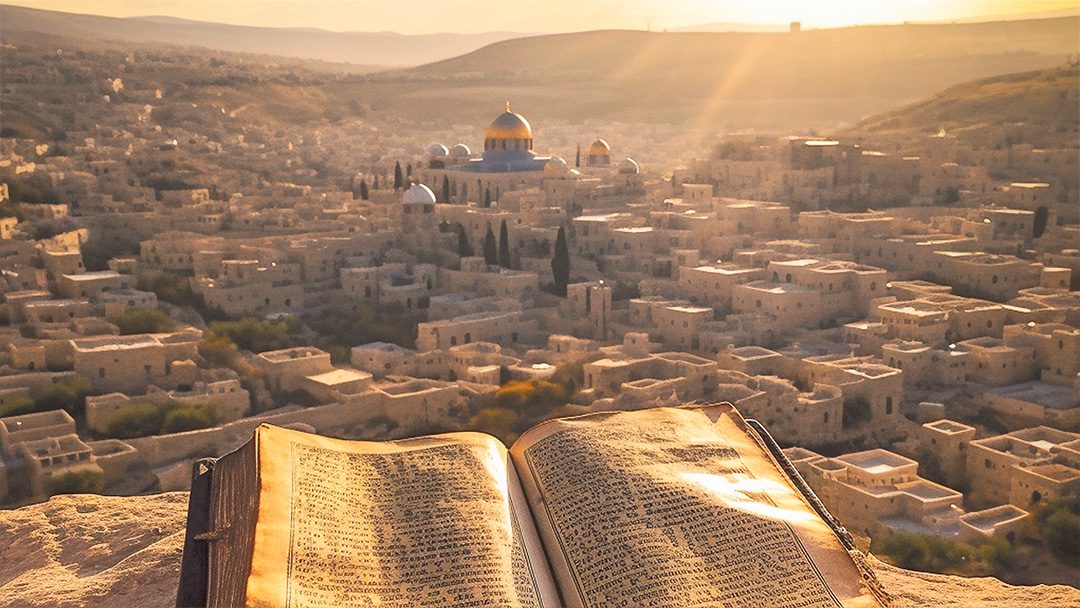
0 Comments